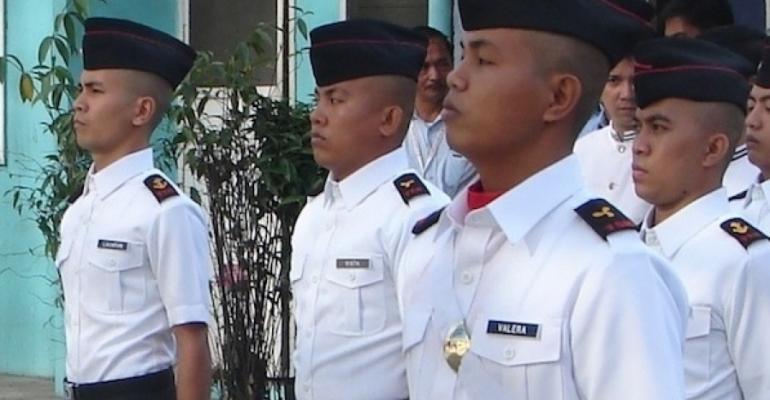On crewing issues, questions of whether owners must provide care for seafarers- provisions of the existing Maritime Labor Convention would apply, according to webinar panelist Fabrizio Barcellona, from the ITF Seafarers. The situation is still being clarified, however, when it comes to questions of whether seafarers could demand that a vessel not call a particular port known to be infected, and if crews are reluctant to perform changeovers in Chinese ports.
Much of the crewing and commercial issues raised fell squarely into the wheelhouse of two maritime lawyers on the webinar panel, Peter Glover, partner at Reed Smith- Richards Butler, and Dora Mace-Koko, partner at Stephenson Harwood. A number of questions, from the Moderator and from online listeners concerned “force majeure” provisions of shipbuilding contracts.
The answers to whether such provisions could be invoked, in the event of a virus-related shutdown of a shipyard in China, would depend very much on the language of a specific contract- there are no blanket answers. Similarly, both lawyers agreed that charter disputes stemming from the virus would require a close look at the facts.
Mace-Koko said: “We’ve seen a number of disputes, each one is a little different.” Glover said that, broadly, in time charters- “the risk is on the charterers.” Where voyage charter arrangements govern, he explained (again, in broad terms): “…once a Notice of Readiness has been given <by the owners>, the risk is with the charterer.”
The crewing issues addressed by Barcellona also interacted with the legalities as discussed by the lawyers; for example, Glover, who is a Master Mariner, discussing a crew’s refusal to enter a particular port, suggested that possibly, shipowners might view this as a breach of the seafarers’ employment contract; the definitions of a “safe port” are well defined in maritime law.
With a seeming increase in epidemics pandemics in recent years - SARS in the early 2000s, Ebola a few years back and now the Coronavirus - one question concerned charter party language. Mace-Koko expressed a view that changes to the underlying pro-formas were not likely, but inclusion of epidemic related language in the “rider clause” section of charter agreements would be increasingly likely.
Read all Seatrade Maritime News coverage on the impact of the coronavirus on shipping
The complexities of how insurances relate to the virus outbreak were explained by Joe Hughes, the chairman and ceo of the American Club. Hughes offered categorized insurance implications into three baskets, noting that existing P & I arrangements would likely cover commercial shipping companies’ virus-related issues (acknowledging that the scale of the present events may exceed previous). He said that medical claims and repatriations are covered by existing P & I arrangements, as are much rarer quarantine claims – where owners must focus on their net losses.
Where virus-related demurrage might claims might pile up- normal “defense” arrangements would apply. Where “loss of hire” comes into play- the ability to collect insurance would depend on how much coverage- decided on a case by case basis, if any, was in place.
Copyright © 2024. All rights reserved. Seatrade, a trading name of Informa Markets (UK) Limited.
Add Seatrade Maritime News to your Google News feed.  |

